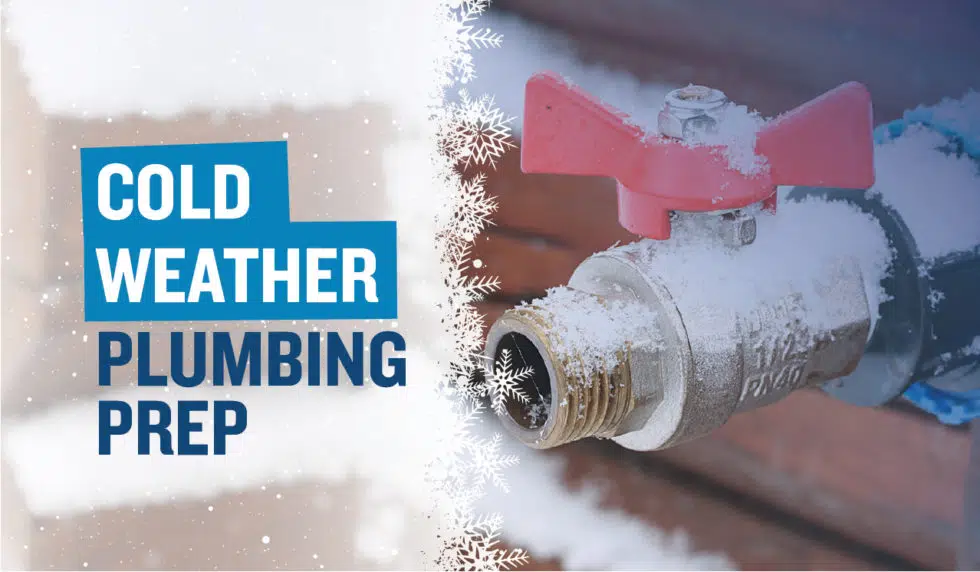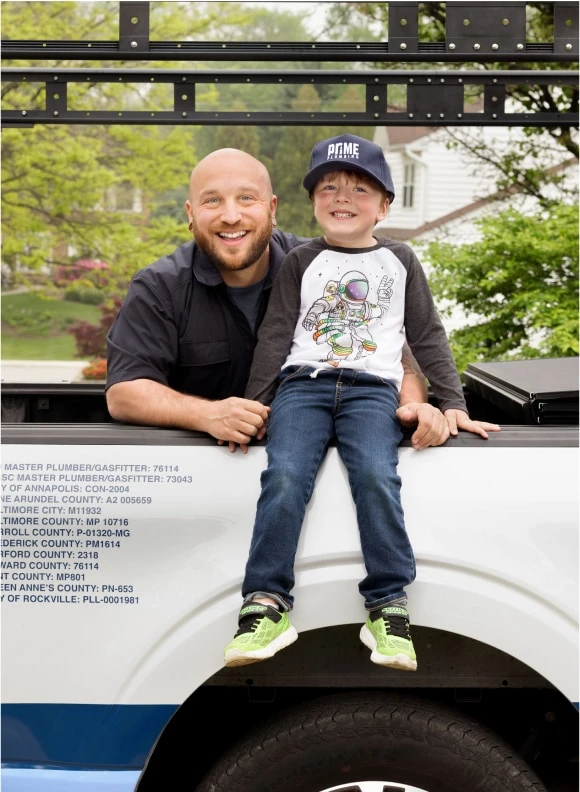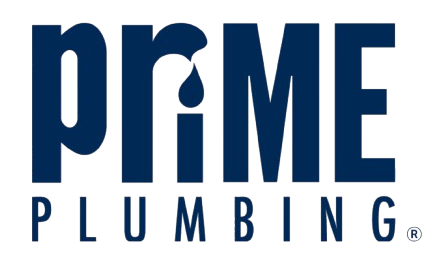Service 7 Days a Week

Proudly Serving Central Maryland
Cold Weather Plumbing Prep

Save Time, Call Prime!
The greatness that is Fall is upon us. Lamar Jackson is eluding would-be tacklers all over the field, the leaves are changing colors, the apples are primed for picking, and the Maryland Renn Fest is in full swing (turkey leg, anyone?). While we hate to be the bearer of bad news, the reality is this beautiful fall weather does have an expiration date.
Winter is right around the corner, which means it’s time for homeowners to brush up on some much-needed plumbing precautions. Read on for a few of our top tips on prepping your plumbing for cold weather.
Protect your pipes
The last thing you want to do this winter is deal with frozen or burst pipes. The good news is you can take some preventive measures to help prevent frozen pipes. Some of the most useful advice we can give is to leave faucets running, even if it’s with just the tiniest drip, to keep water flowing and reduce pressure in the pipe. This simple move alone can go a long way toward avoiding frozen pipes and winter plumbing problems. Some other steps you can take to protect your pipes include insulating any of those that are exposed by wrapping them tightly with heat tape, fiberglass pipe wrap, or heat blankets.
Winterizing a leaky outdoor spigot is another essential move that should be part of your annual routine. The first step is to turn off the outdoor spigot valve, which is usually found inside the home and in close proximity to the location of the spigot. Next, you’ll want to unhook the hose, as any hose left attached may hold water that can freeze. This can cause a backup, pipes to crack, or even water to flood back into the home. If you really want to play it safe, purchase an insulated outdoor spigot cover for protection all winter long.
Tune-up your boiler
Given the number of older homes in the Baltimore area, many of us are very familiar with the importance of keeping our boilers in peak operating condition. If you find yourself wondering if it is time for a boiler tune-up, just know there’s no time like the present. An annual boiler tune-up by a trained professional will usually include steps like: visual inspections of the boiler and associated piping, ridding any debris from the boiler, oiling circulators, verifying safety devices are working properly, draining, filling, and bleeding the piping system, draining and refilling overhead expansion tanks, and testing the boiler’s ability to heat the home.
Expect the unexpected—but give a word of caution first
This one might sound like a catch-all, but just hear us out. It often feels like plumbing problems strike at the worst possible time—like, for instance, in the middle of a snowstorm or when you’re hosting family for the holidays. This tip is more about reminding those in your home about some common no-no’s that can reduce the chances of one of those worst-case-scenario plumbing emergencies.
For example, two of the top three holiday plumbing calls we receive are related to kitchen drains and toilet trouble. Make sure everyone in your home understands that you should never put any grease, fat, or oil down the kitchen drain. Why? Those substances will harden and cause clogs in your pipes. The same goes for flushing anything other than toilet paper down the toilet. That means no flushable wipes, feminine products, paper towels, or facial tissues.
If despite your best efforts to winterize your home and warn your guests about what not to do, you still run into problems, there is one other move you can make: Contact the professionals at Prime Plumbing for help. Save time, call Prime!
The Difference With Prime
Get a FREE second opinion on water and sewer service, and septic repair/replacements!
Don’t Just Take Our Word for it

Why Choose Prime Plumbing?
Professional Services at an Affordable Price
- Transparent Pricing
- No Additional Charges for Overtime
- Flexible Financing Solutions
- Thorough Employee Background Checks
- Complimentary Second Opinions

